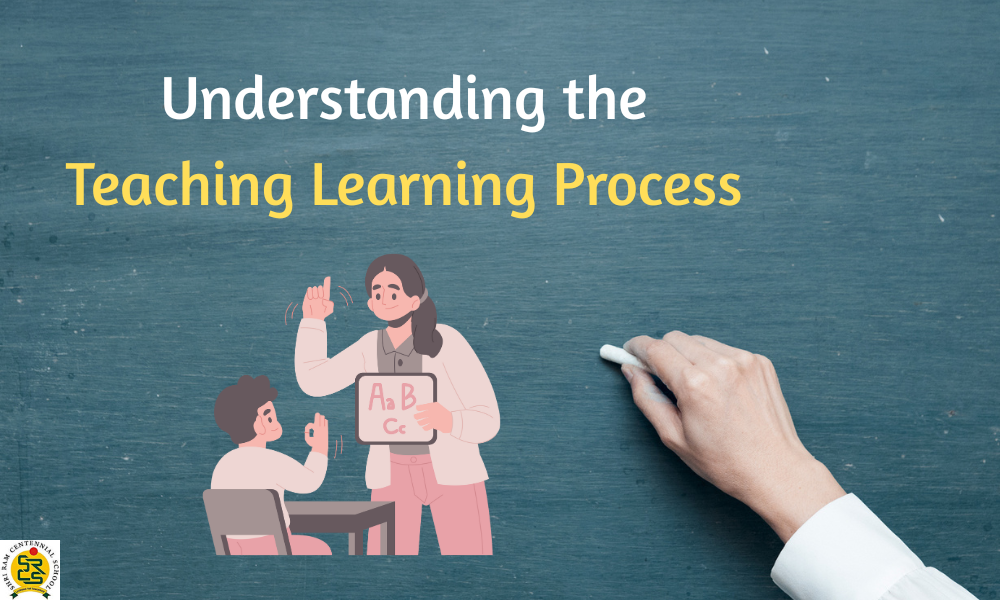Summer camps in schools have become an integral part of a child’s overall growth. These camps offer a structured environment where students engage in various activities that foster personal, social, and intellectual development.
Unlike regular school routines, summer camps provide a balanced mix of education and recreation, ensuring that children acquire essential life skills while having fun.
In places like boarding schools in Dehradun, summer camps hold special significance as they provide students with a refreshing break from the structured academic curriculum.
Shri Ram Centennial School Dehradun, for instance, organizes summer camps that focus on interactive learning, personality development, and extracurricular enrichment, ensuring that students grow holistically.
Importance of Summer Camps in Schools

1. Enhancing Social and Communication Skills

One of the key benefits of summer camps in schools is the opportunity for children to interact with peers outside of their usual classroom environment.
Activities such as group discussions, team sports, and collaborative projects encourage effective communication and teamwork. Children learn to express their thoughts, listen actively, and develop empathy—all of which are crucial for their future success.
2. Building Independence and Leadership Qualities

During summer camps, children step out of their comfort zones and take on responsibilities, fostering a sense of independence. Leadership workshops, adventure activities, and decision-making exercises instill confidence, resilience, and self-discipline.
These experiences help students develop leadership skills that will benefit them throughout their academic and professional lives.
3. Encouraging Physical Fitness and Mental Well-being

Physical activities such as swimming, trekking, and yoga are essential components of summer camps in schools. These activities help improve physical fitness while also promoting mental well-being.
Engaging in outdoor sports reduces stress, enhances focus, and boosts overall happiness. Additionally, mindfulness and meditation sessions are often incorporated to help students manage stress and develop a positive mindset.
4. Enhancing Creativity and Critical Thinking

Creativity is a vital skill that needs continuous nurturing. Summer camps introduce children to art, music, drama, and storytelling, allowing them to explore their creative potential.
Additionally, problem-solving games, puzzles, and logical reasoning challenges sharpen their critical thinking abilities, preparing them for academic excellence and real-world problem-solving.
5. Exposure to New Skills and Hobbies

A well-planned summer camp introduces students to a variety of skills that go beyond traditional classroom learning. These may include coding, robotics, public speaking, photography, and culinary arts.
Exposure to such activities helps children discover new interests and talents, shaping their future career paths and boosting their self-esteem.
6. Strengthening Emotional Intelligence

Emotional intelligence plays a crucial role in a child’s personal and professional life. Through team-building exercises, role-playing, and interactive storytelling, summer camps in schools help students understand emotions, manage conflicts, and build strong interpersonal relationships.
Developing these skills at an early age prepares them to navigate social situations with confidence.
7. Boosting Academic Performance Through Experiential Learning

While summer camps focus on fun and engagement, they also serve as a platform for experiential learning.
Activities like science experiments, math challenges, and language immersion sessions reinforce academic concepts in a stress-free manner. This hands-on approach not only improves retention but also sparks curiosity and a love for learning.
Conclusion
Summer camps in schools play a pivotal role in a child’s holistic development. By enhancing social skills, promoting independence, encouraging physical and mental well-being, fostering creativity, and exposing students to new skills, these camps contribute significantly to their overall growth.
Shri Ram Centennial School Dehradun is committed to offering well-structured summer camps that cater to the all-round development of students, ensuring that they emerge as confident, well-rounded individuals.
Enrolling children in summer camps in schools is an investment in their future. These experiences equip them with the essential life skills needed to excel in academics, careers, and personal lives, making them better prepared for the challenges of tomorrow.










